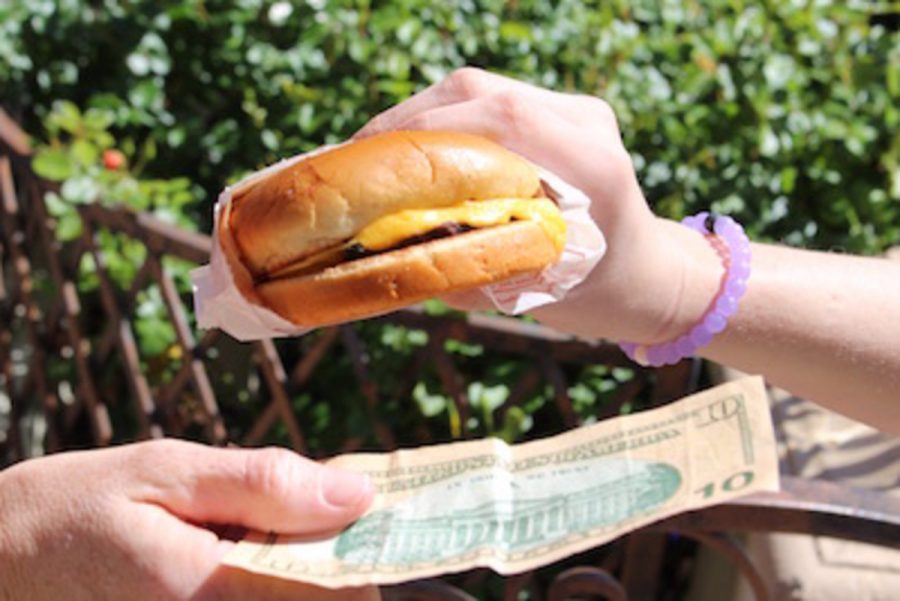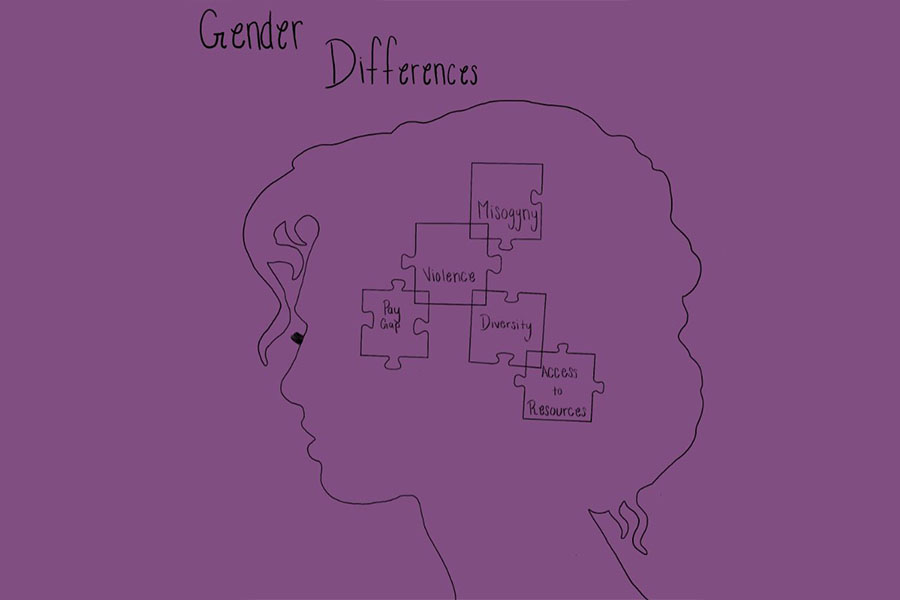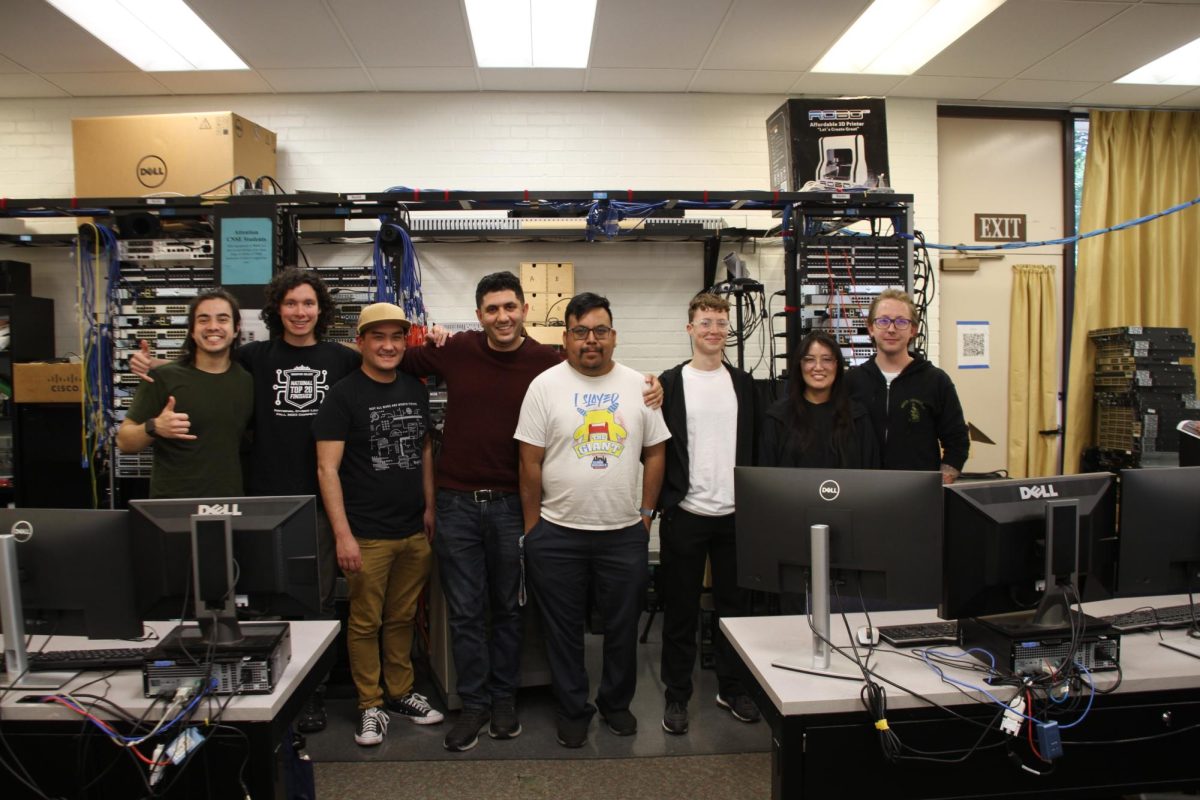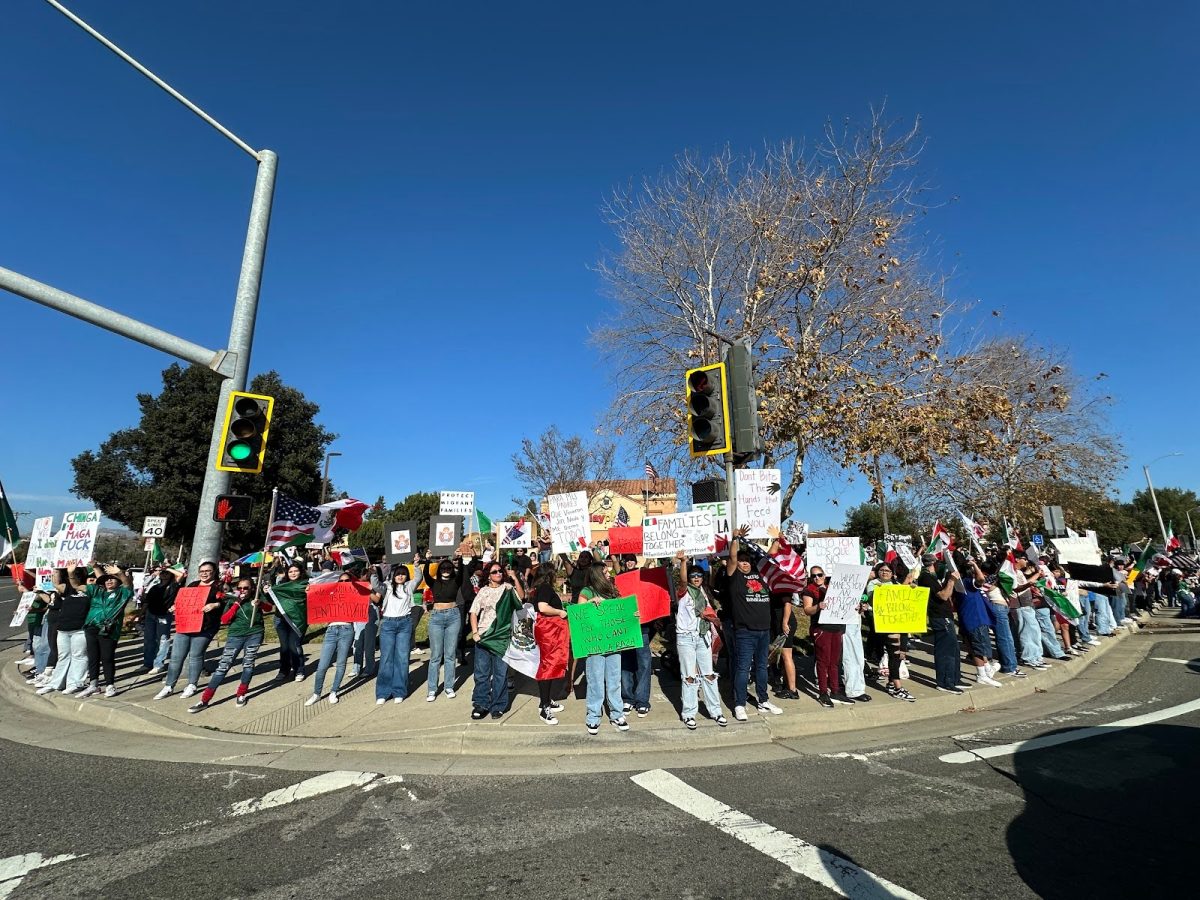Many employees across the country are rallying to raise the minimum wage. However, have they ever taken into account the possible negative consequences this raise could bring?
While minimum-wage workers believe minimum wage should be raised, they haven’t considered the general increase in prices and fall in the purchasing value of money, or inflation, that this could bring.
According to the State of California Department of Industrial Relation, the last increase of minimum wage was July 1, 2014 when it increased 12.5 percent, from $8 an hour to $9 an hour. Since 2014, California’s minimum wage has increased 11.1 percent to $10 an hour as of Jan. 1, 2016.
While California has a minimum wage of $10 per hour and a burger price of $3.99 at McDonald’s, Tennessee, who follows the federal minimum wage of $7.25, according to the National Conference of State Legislatures, only pays $3.79 for a McDonald’s Big Mac. That’s about a 5 percent difference between California’s price of a Big Mac and Tennessee’s and about a 38 percent difference in minimum wage between both states.
When you look at this example, minimum wage rose 1,233 percent and a McDonald’s Big Mac rose 2,000 percent in California since 1953. In addition, Tennessee’s minimum wage is $2.75 less than California’s and their price of a Big Mac is $0.20 less also. Therefore, there’s a clear connection between the rise of minimum wage and rising commercial prices.
A study released by Purdue University’s School of Hospitality and Tourism Management on July 27, 2015, concluded that raising wages to $15 an hour for limited-service restaurant, or fast food, pizza restaurants and café employees would raise prices by 4.3 percent. The study also says increasing wages to $22 an hour, which the Bureau of Labor Statistics says is what the average American private industry employee makes, would cause a 25 percent increase in prices.
Yes, the amount of money an employee makes per hour would increase, but menu prices would rise impeccably and as another effect of a minimum wage increase, employee hours can be reduced.
According to National Restaurant Association research, 58 percent of restaurant operators increased menu prices and 41 percent reduced employee hours following the 2007 minimum wage increase.
“Mandatory wage increases could further restrict opportunities for young and less-skilled individuals,” wrote the National Restaurant Association.
The association goes on to say that restaurants are labor-intensive businesses that already devote about a third of their sales to wages and benefits.
“Restaurants are a critical provider of employment to millions of individuals,” National Restaurant Association wrote. “Many restaurateurs would be forced to limit hiring, increase prices, cut employee hours or implement a combination of all three to pay for the wage increase.”
A minimum wage increase could not only reduce the amount of hours an employee works, but it might make for fewer employees themselves. Isn’t this the opposite of the desired effect?
According to the article “What is Minimum Wage: Its History and Effects on the Economy” written by James Sherk, research fellow in labor economics at The Heritage Foundation, an increase of minimum wage could also result in less jobs available in the private sector due to employers having to pay their employees more per hour.
Sherk also makes the point how minimum wage positions are typically transitional and learning wage positions that enable workers to gain the skills necessary to become more productive on the job and eventually can result in a promotion. Sherk writes that as workers become more productive, they can move up their career ladder. However, for a minimum wage paid position, it is more of a starting point.
Positions paid at this rate should be temporary, transitional and primarily used for initiating a career. Someone shouldn’t rely on their minimum wage paying job to support themselves for an extended period of time, let alone family.
Another factor in the issue is since employers have to pay more salary to employees, the use of technology becomes more cost effective for employers to use. The American restaurant Chili’s uses tablets placed at tables for customers to use to order their meals instead of waiters and waitresses coming around to each table to take the order.
Lydia DePillis, reporter for The Washington Post, wrote an Aug. 16, 2015, article discussing how the rise of minimum wage can drive employers to use technology in restaurants instead of paying an employee to perform the same task for more money.
“The labor-saving technology that has so far been rolled out most extensively — kiosk and tablet-based ordering — could be used to replace cashiers and the part of the wait staff’s job that involves taking orders and bringing checks,” wrote DePillis.
While there will still be a need for waiters and waitresses to deliver food to each table, there will be less of a need for these employees since a tablet can perform the duties of taking meal orders and bringing the check.
Instead of raising minimum wage, companies, who do not already, should allow employees to accept gratuity. That way, it would not only increase the amount of money these employees get per hour, but would also improve their work ethic and attitude towards customers due to their desire to earn tips. In addition, it wouldn’t be money out of the employers’ pockets and therefore, won’t have an effect on the amount of hours an employee works along with the number of employees hired.
According to the National Restaurant Association, employees who earn tips can be among a restaurant’s highest earners.
While some believe raising the minimum wage is beneficial, looking at the examples and reasoning above shows otherwise. If the minimum wage increases, we will not only see prices increase, but employee hours get cut, more technology being used as waiters and waitresses and limited hiring. The minimum wage increase is not the answer to earning more money per hour. However, receiving tips while on the job is.














Crissy • May 4, 2016 at 3 -07:00.05.
…not only that but, if you get more money while working at a crapy job you might be inclined to stay working that crapy job longer rather then getting your experience and moving on to bigger and better jobs. These “burger flipping” jobs are traditionaly seen as temporary for people with no work experience i.e. your first job. It’s a bit of a trap.